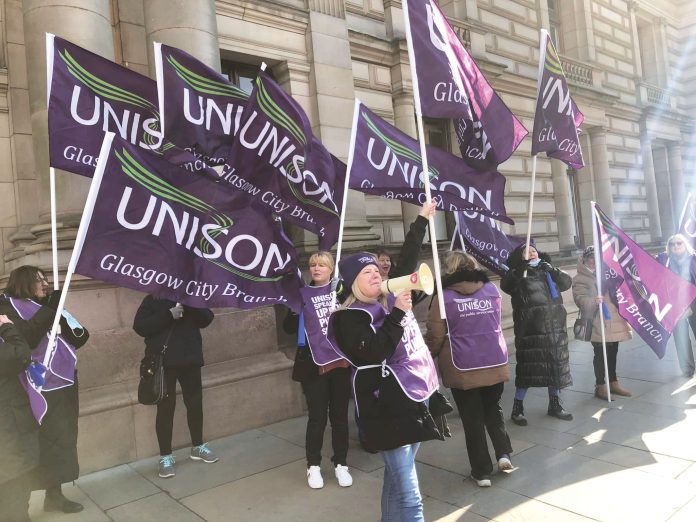Jane Nellist, Coventry Socialist Party
If you thought the gender pay gap was bad, there is an even bigger gender pension gap which has huge consequences for women, not only now but in the future.
19 May this year was ‘Gender Pensions Gap Day’. For the first four and half months of the year, on average, retired women go ‘without’ a pension compared to men.
According to a report by civil service union Prospect, the average pension income gap between men and women is a massive 38%. The gender pay gap is 15.5%. Even more women are condemned to live in poverty when they retire.
Women are more likely to take career breaks or take part-time work because of the burden of caring responsibilities. This has a huge impact on their pension contributions.
The government has no strategy to address the crisis. It’s likely to get worse with the cost-of-living crisis and the huge increase in precarious and part-time work, as well as the massive increase in costs of childcare and elderly care.
A report on poverty from the Joseph Rowntree Foundation shows that 20% of women pensioners live in poverty. That’s over 1.2 million women, and that is only going to increase with the economic crisis.
To add to the problem, the impact of the increase in state pension age for women born in the 1950s (WASPI women), from 60 to 66, means that many women are having to work longer.
Gaps in National Insurance contributions, when women have been unable to remain in continuous full-time employment, forces more to continue working beyond retirement age or face receiving less state pension.
For all workers, Britain’s state pension is among the lowest in Europe, below the official poverty line. Tory attacks on the ‘triple lock’ threaten increasing misery as inflation rises.
Because the amount workers contribute to an occupational pension is usually a percentage of their salary, the 15.5% gender pay gap means that women have less salary from which to contribute from. A worker who earns less than £10,000 a year, more likely for women workers, has no requirement to be opted into an occupational pension.
And then of course there are the millions of workers in insecure work, with no automatic pension contributions.
For those struggling to survive on low wages now, thinking about retirement is far from the mind. When circumstances are so bleak now, who has time to even think of their future?
Countless workers who should be enjoying retirement are forced to continue to work, unable to afford life on the state pension. Because of the inequality inbuilt into the system, many of these will be women.
There is plenty of wealth in society that could be used to solve the crisis straight away, it’s just that it’s in the wrong hands!
Trade union action is needed to address the gender pay and pension gap. Like that in Glasgow where strikes of largely women workers, supported in solidarity action by mainly male sections of the workers, won equal pay and hundreds of millions of pounds in back pay from the SNP council.
We need urgent action to ensure that pay and pension equality is addressed and all workers have the right to retire on a decent living pension which affords them dignity in retirement and guaranteed high-quality care when they need it.
We say:
- Reduce the state retirement and pension age to 55. For decent living pensions, linked to inflation
- A £15-an-hour minimum wage for all, without exemptions, rising with the cost of living
- No detriment for those unable to make National Insurance contributions
- Free, good quality childcare and social care for all







